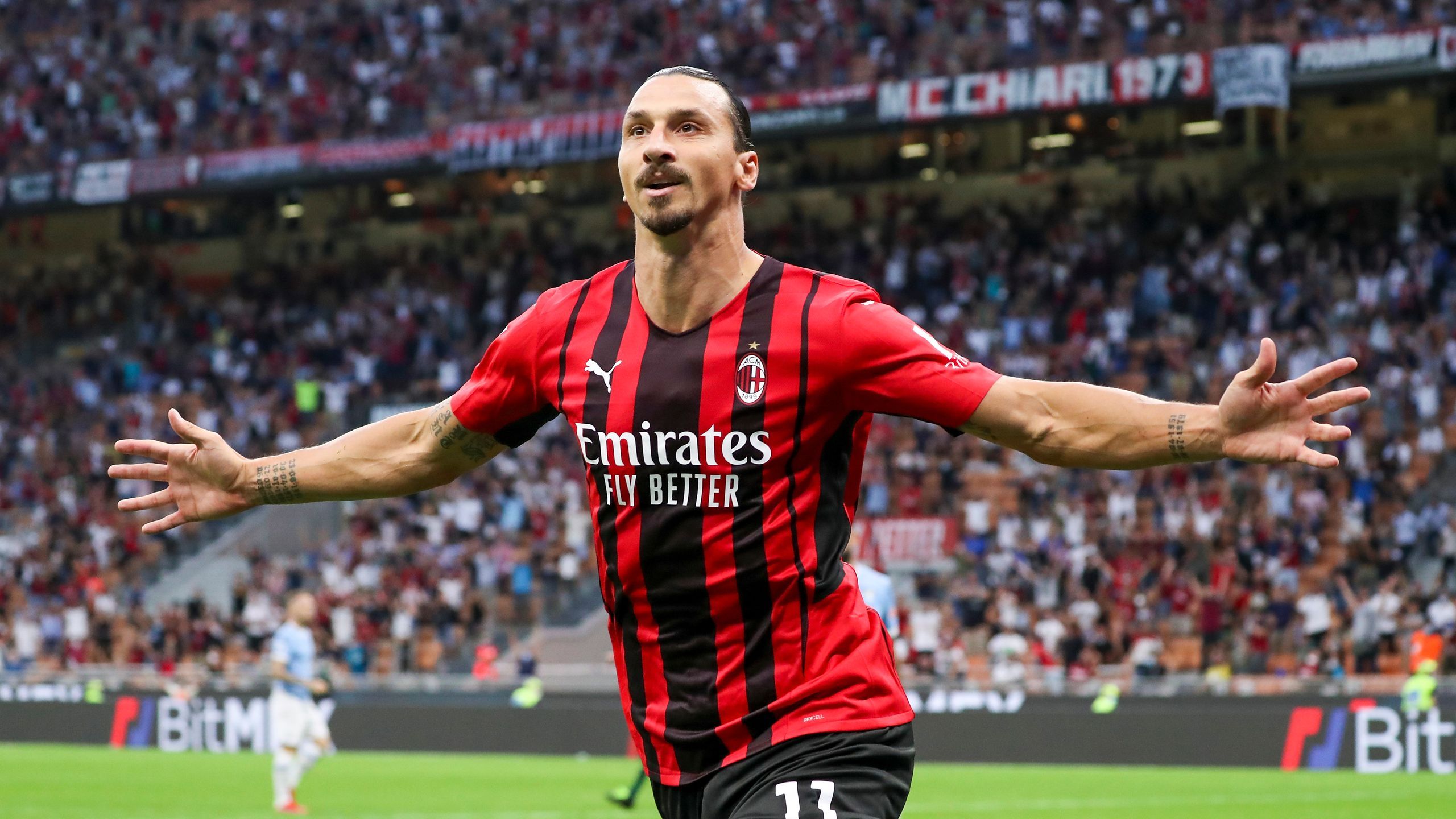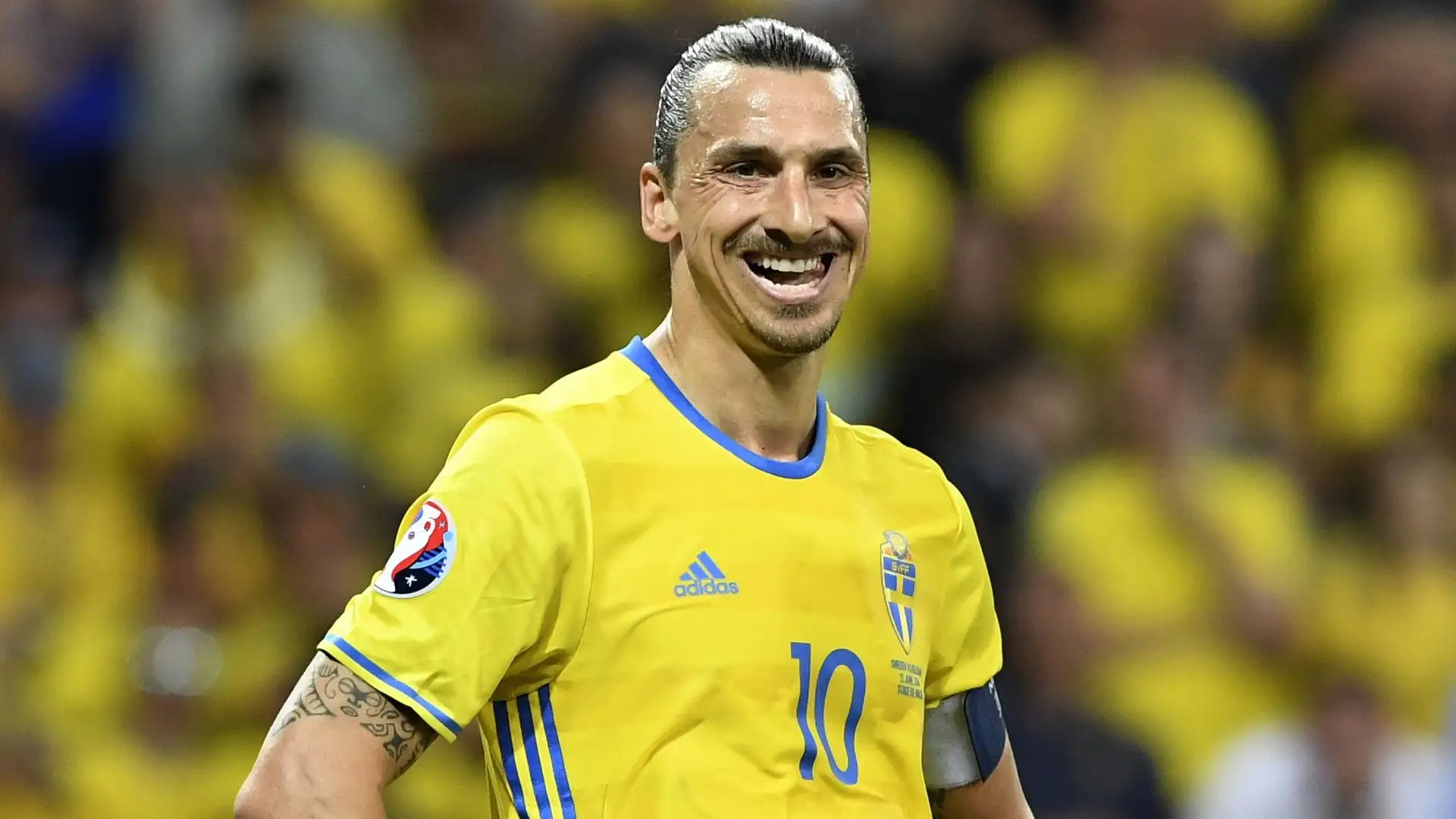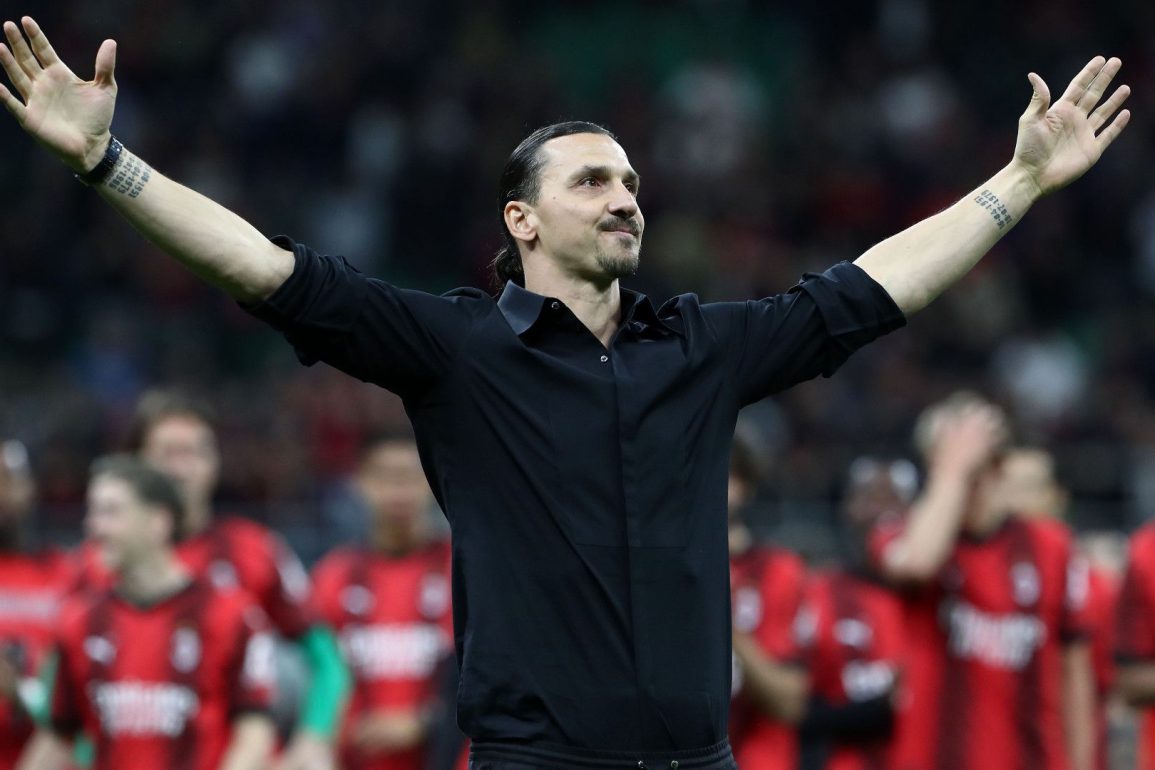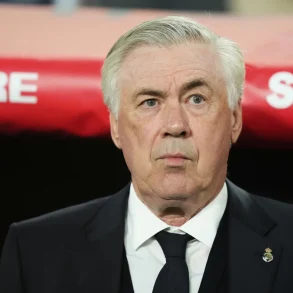Zlatan Ibrahimovic is often portrayed in the media as a self-assured, dominant figure with a sharp tongue and an unrelenting will to win. His persona as an emperor of football, always proving doubters wrong, has overshadowed the complexities of his character. While his brashness is sometimes seen as arrogance, it is fueled by an all-consuming drive to succeed.
However, the mainstream portrayal of Zlatan often overlooks the deeper factors that shaped his journey, including his immigrant background and Sweden’s socio-political climate during his formative years.
The media’s tendency to focus on Zlatan’s charisma and larger-than-life persona ignores the nuanced experiences that made him who he is. Growing up in a broken home with divorced parents of different religious backgrounds—his mother, a Catholic Croatian, and his father, a Muslim Bosnian—he faced significant adversity.
His early years in Rosengård, a predominantly immigrant neighborhood, exposed him to hardship and instability. These experiences played a crucial role in shaping his resilience, work ethic, and defiant attitude toward challenges both on and off the pitch.
Zlatan’s childhood was far from idyllic. He moved between homes due to family troubles, at times living with his mother, who disciplined him harshly, and later with his father, who struggled with alcoholism as a result of the trauma from the Yugoslav Wars.
Growing up in an environment where kindness was rare, Zlatan resorted to aggressive behavior and petty crimes, such as stealing bicycles. His experiences reflect the struggles of many immigrant families in Sweden, where economic hardships and cultural differences created barriers to social integration.
Sweden experienced two significant waves of immigration from Eastern Europe, with Zlatan’s parents arriving before the Yugoslav Wars. Immigrants from the first wave found it harder to integrate than those from the second wave. Zlatan’s struggles with acceptance and integration in Sweden’s footballing system were a direct result of this.
He often felt different from his Swedish peers, not just in terms of his economic background but also due to his footballing style, which was influenced by street football rather than structured academy training.

Zlatan Ibrahimović’s Journey From Street Football to Global Stardom Through Resilience
For Zlatan, street football was more than just a pastime—it was a survival mechanism. Street football, which has produced legends like Johan Cruyff, Pelé, and Eusebio, is known for its technical rigor and improvisational nature. Players develop exceptional ball control and spatial awareness because they learn to avoid falling on rough surfaces.
However, urbanization has significantly reduced spaces for street football, making it an increasingly rare breeding ground for top-tier talent. Zlatan’s upbringing in a working-class, immigrant-heavy neighborhood meant that he honed his skills in a setting where the game was played not just for fun, but as an escape from harsh realities.
As Zlatan transitioned from street football to organized clubs, he struggled with acceptance. At Malmo, where he played for an immigrant-based club before moving to the senior team, Swedish parents conspired against him, viewing his individuality and playing style as disruptive. He was frequently labeled as a troublemaker, reinforcing his outsider status. The discrimination and resistance he faced only strengthened his antagonistic approach to the game and his unwavering self-confidence.
One of Zlatan’s biggest inspirations was the Brazilian Ronaldo (R9), a player known for his technical brilliance and creativity. Like Ronaldo, Zlatan developed a playing style that combined physical dominance with exceptional technical skills, a rare trait for a player of his stature.
Unlike traditional target men, Zlatan adapted his game to fit different tactical systems across various leagues, evolving from a dribbler to a creative playmaker. His versatility became one of his defining traits, enabling him to succeed in leagues with contrasting styles, from the defensive rigidity of Serie A to the fast-paced nature of the Premier League.

Zlatan Ibrahimović a Footballing Maverick in an Era of Tactical Evolution
During Zlatan’s rise, football was undergoing a tactical transformation. The early 2000s saw pragmatic managers like Jose Mourinho and Rafael Benitez emphasize defensive solidity and counter-attacking play. Strikers like Didier Drogba and Thierry Henry thrived in this era due to their adaptability and ability to exploit space.
In Serie A, where tactical discipline was paramount, Zlatan had to adjust his playing style under coaches like Fabio Capello, who emphasized balance and efficiency over flamboyance. Despite these changes, Zlatan maintained his individuality, proving that a player could be both an entertainer and a team player.
Today, football values strikers who can do more than just score goals. Players like Harry Kane, Karim Benzema, and Victor Osimhen have all incorporated elements of Zlatan’s playing style—dropping deep, linking play, and pressing aggressively. Zlatan was ahead of his time in this regard, seamlessly blending physicality with technical finesse. Despite his age and injuries, he remains influential on the pitch, demonstrating that football is not just about athleticism but also about intelligence and adaptability.
Beyond his footballing ability, Zlatan represents a socio-cultural shift in Sweden and the broader footballing world. His journey from an immigrant-heavy suburb to global superstardom mirrors the challenges faced by many working-class and immigrant children who use football as a pathway to success.
His story is a reminder of how football can reflect larger societal changes, and his legacy will always serve as a symbol of resilience, individuality, and unyielding determination. As football continues to evolve, Zlatan’s influence—both as a player and as a cultural icon—will remain a lasting testament to his extraordinary journey.







